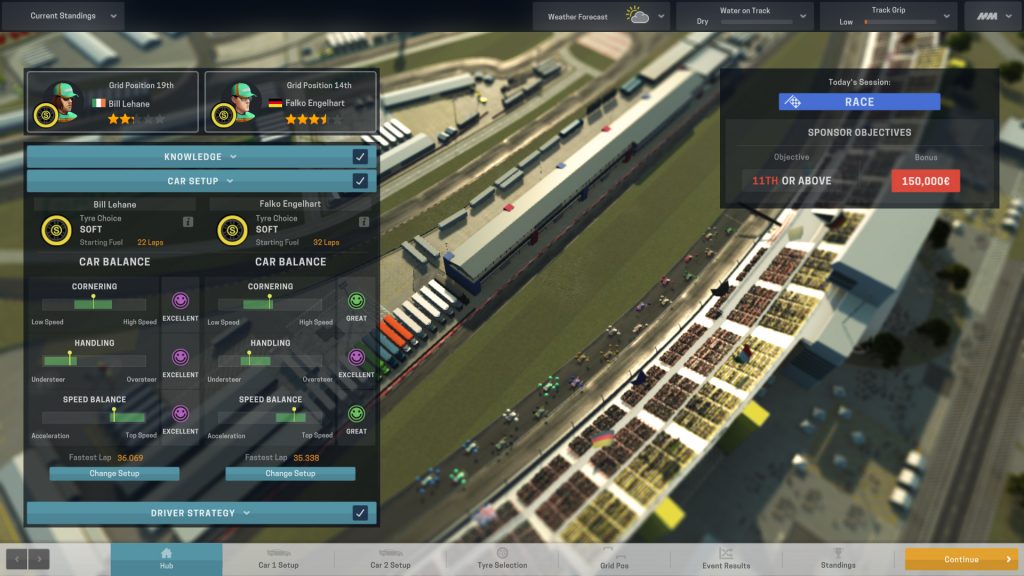Management Computer Games
During my ongoing literature review I often discover interesting facts about things I’ve never thought about. Sometimes I can connect these facts with my own observations: The result is mostly a completely new idea why things are as they are. Maybe these ideas are new to you, too. Therefore I’ll share my new science based knowledge with you!
This week: This time, I think about management games that mostly require decision-making and hence, instead of demanding correct sensomotoric inputs, demand and train a player’s cognitive abilities.
Management computer games rarely provide a player with direct control game mechanics that allow for a manipulation of the gameplay in a direct way. Instead, players can only influence the progression of the game with high-level decision making that subsequently alters variables affecting the simulated activity’s outcome.
That way, management games represent the counterpart to direct control computer games that require correct sensomotoric inputs from the players to be played successfully. While players still interact with the game using regular sensomotoric input devices, such as keyboard and mouse, the game’s challenge mainly is created on a cognitive level demanding a player’s problem-solving and decision-making abilities.

Motorsport Manager – Strategy and Setup
For instance, the computer game Motorsport Manager puts players into the role of a racing team’s teamchef who is in charge of hiring drivers as well as staff, developing and improving parts for the team’s race cars, finding sponsors, developing infrastructure and setting up the cars before a race. Furthermore, during a race event, the player can make additional high-level decisions by planning a pitstop and instructing the drivers to push or drive more carefully thus reducing tyre wear and fuel consumption. However, the player can not control the cars in a direct way and achieve great results due to good driving skills as it is possible in racing simulations, such as Assetto Corsa and DiRT 4. Hence, the sum and results of all the decisions made determines the race cars‘ performance during a race and the amount of money the player’s team makes or loses per race.
In the end, despite the differences between the two game type extremes, both genres induce game-flow thus motivating players to continue playing the game and, due to the periodical demand to apply the game’s knowledge, i.e., the sensomotoric driving skills and the cognitive race and technical knowledge, achieve a training effect.